At the 2023 Mobile World Congress (MWC 2023), the CEO of Orange said that the telecommunications industry is in decline. What do you think about these comments?
Mr. Jamie Jefferies: This is a complex question. Over the past few decades, we have seen quite a few megatrends. Telecom companies have also changed with those trends. The next development of the Internet in the coming period is cloud technology, smart network technology, artificial intelligence (AI)... Network operators will have to respond and find ways to exploit such technology trends. Telecom companies can come or go, disappear or exist, but the demand for bandwidth will continue to grow. According to the CEO of AT&T, the demand for bandwidth will grow at a rate of 30% per year. From a network perspective, the growth rate of the network will continue.

What are the major shifts in the world telecommunications industry in 2024 and the following years?
Mr. Jamie Jefferies: The megatrends in the telecommunications industry can be divided into three main categories. The first is AI. People will use AI to improve business performance and predictability, speed up decision making. This helps reduce costs, improve security and create better insights into the business environment. The second megatrend is cloud networking. Businesses will move their data to the cloud and use it. This creates a huge demand for networks, data centers and data distribution mechanisms. Core data centers will gradually move and be brought to the edge of the network, serving applications with low latency requirements, such as virtual reality applications. The third megatrend is the emergence of new companies, exploiting and using all existing technologies to create new applications and user experiences. That's just the tip of the iceberg and we won't know what's underneath for some time.
Vietnamese carriers are now tending to transform themselves into technology companies. Is this a common trend among carriers around the world?
Jamie Jefferies: Absolutely. We have seen this shift over the past few years. Telecom companies have invested in businesses or adjacent businesses, close to their core business. For example, content, media, automation, automotive, or activities that require analytics. But there is also a trend where many companies are turning their attention back to their original core business, which is owning and operating networks. Those networks are now the foundational infrastructure to support digital applications for the economy and businesses. It has to be a network that is adaptive, scalable, stable, and predictable.
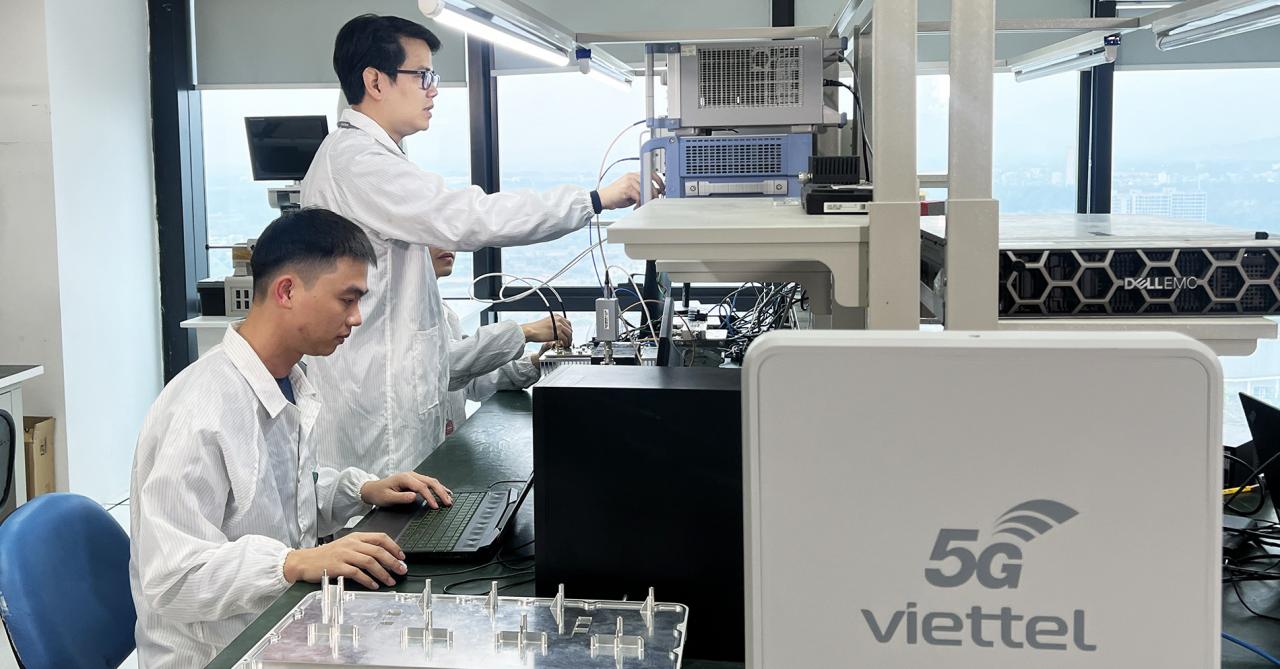
Many countries have developed 5G applications to digitally transform industries. What can Vietnam learn to develop its own 5G applications?
Mr. Jamie Jefferies: Vietnamese network operators can evaluate and classify 5G applications according to manufacturing, finance, retail, banking, etc., thereby creating many usage scenarios such as secure transmission lines for the Government, traffic management, etc. In healthcare, 5G usage scenarios will involve transmitting large, sensitive information and data, requiring high-speed, low-latency transmission lines. In agriculture , these could be applications related to agricultural analysis and information about crops. In the entertainment and content industry, when there is a major sporting event, we will need applications to help telecommunications networks self-adjust, thereby supporting sudden increases in traffic in crowded areas. Another application is the convergence of fixed and mobile. That is, 5G mobile technology can be used to provide broadband connections similar to fixed lines.
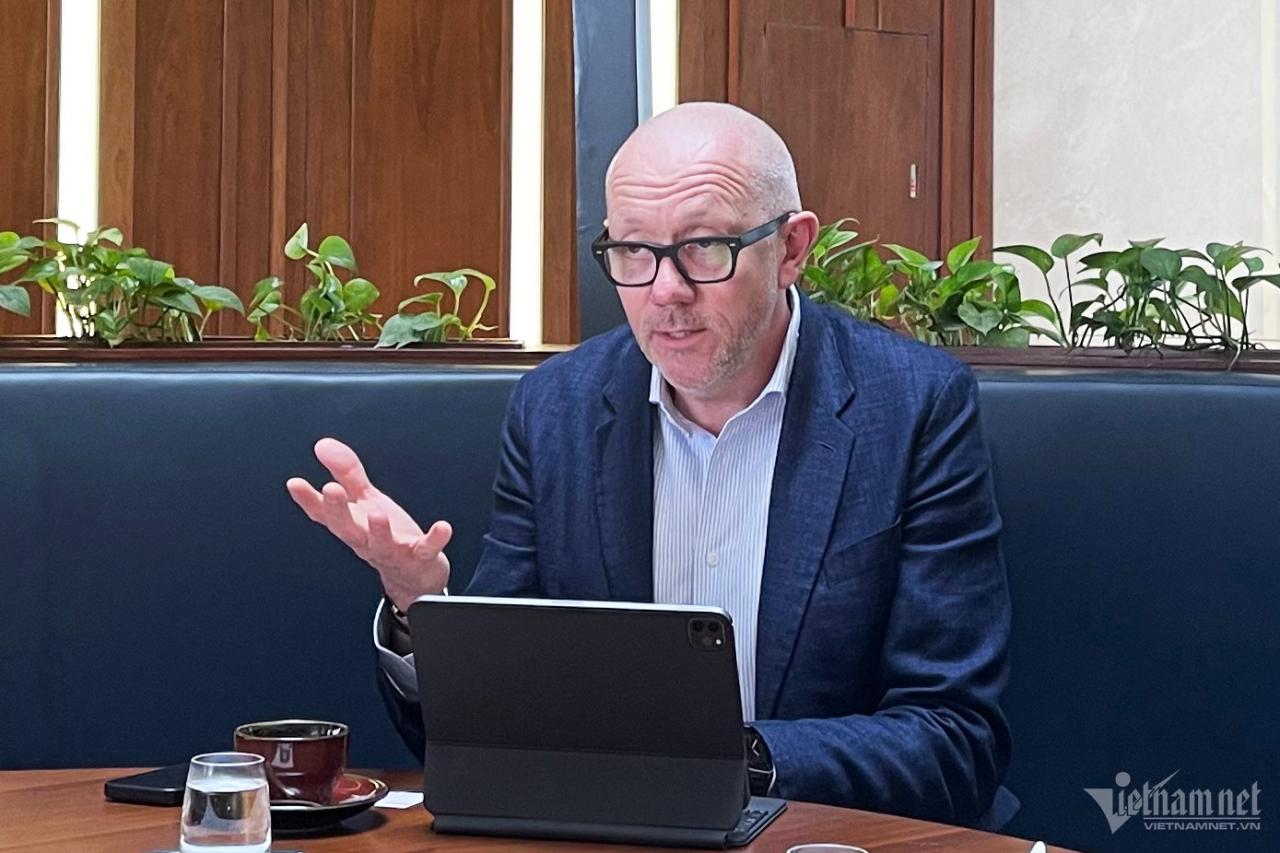
In your opinion, what should Vietnam do to promote the emergence of applications for 5G?
Mr. Jamie Jefferies: Creating more use cases is a challenge that many countries face as governments push to deploy new high-speed, high-capacity network technologies. Along with the deployment of 5G, network operators will have to have a plan for use, while balancing subscription revenue and the ability to earn revenue from other use cases. Governments can play a role in this story by introducing measures to promote and support businesses to develop 5G applications themselves. For example, tax exemptions, investment incentives, and the development of network operating capabilities and skills. We also see similar things in Asian countries such as India, Indonesia, and in Europe, the UK and Germany. Governments in those countries have measures to support companies to invest in technology.
What Vietnam is interested in is how to come up with a standard to promote 5G network quality. Can you give any advice on 5G network quality standards?
Mr. Jamie Jefferies: Basically, to ensure quality, Vietnamese network operators can consider operating in an open environment with many suppliers. Ensure the underlying infrastructure is good. The telecommunications infrastructure must be able to support the explosion in bandwidth and capacity. In general, the Vietnamese government can set standards to ensure good network quality, stability, scalability and low-cost operation. 5G technology requires a large-scale telecommunications network with very high density. Therefore, automation and simplification of the network are very important. That is, from a network perspective, the simpler and more automated the network, the better the quality.
Thank you!
Source




![[Photo] Hanoi morning of October 1: Prolonged flooding, people wade to work](https://vphoto.vietnam.vn/thumb/1200x675/vietnam/resource/IMAGE/2025/10/1/189be28938e3493fa26b2938efa2059e)















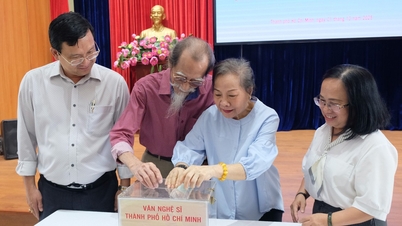















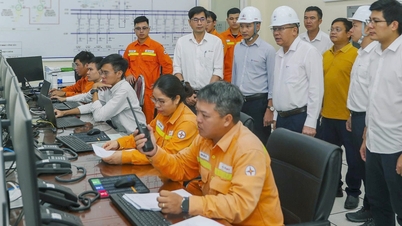

![[Photo] Panorama of the cable-stayed bridge, the final bottleneck of the Ben Luc-Long Thanh expressway](https://vphoto.vietnam.vn/thumb/1200x675/vietnam/resource/IMAGE/2025/9/30/391fdf21025541d6b2f092e49a17243f)
![[Photo] President Luong Cuong receives President of the Cuban National Assembly Esteban Lazo Hernandez](https://vphoto.vietnam.vn/thumb/1200x675/vietnam/resource/IMAGE/2025/9/30/4d38932911c24f6ea1936252bd5427fa)






















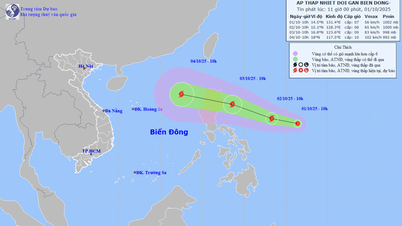
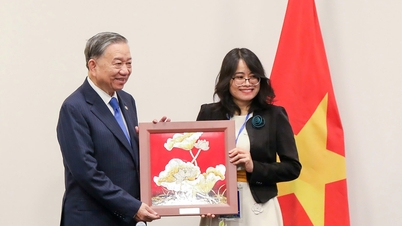
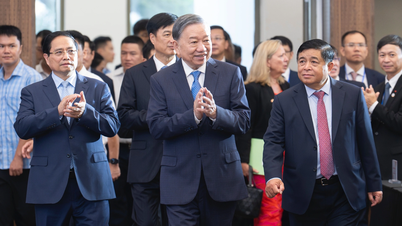











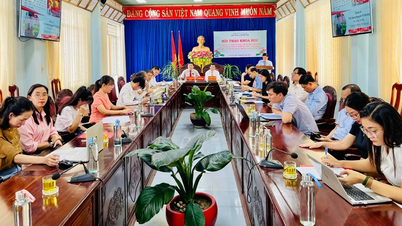


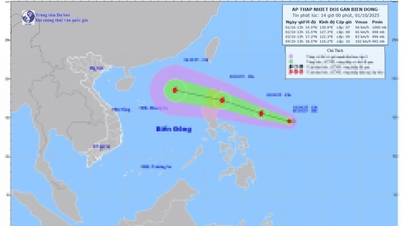
















Comment (0)